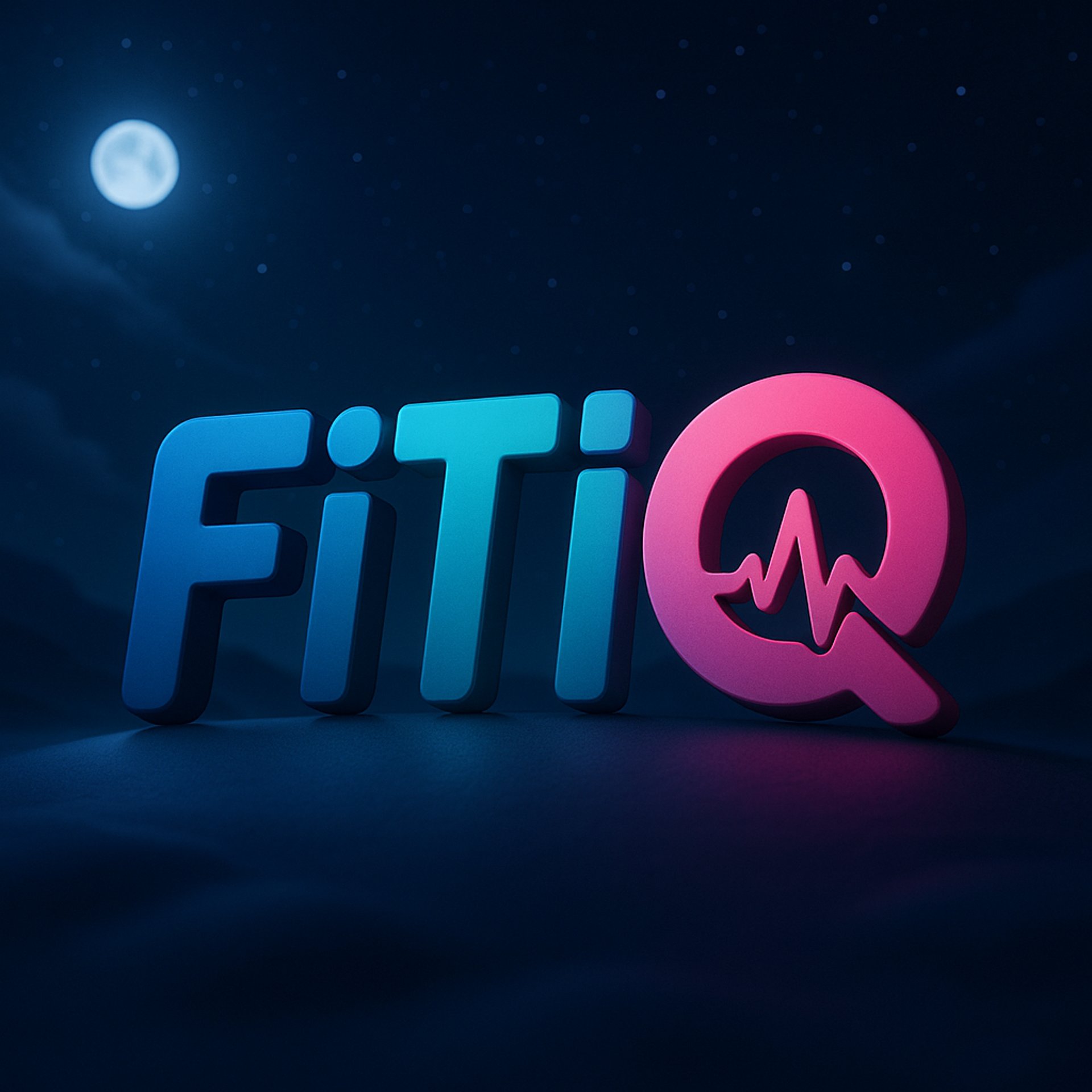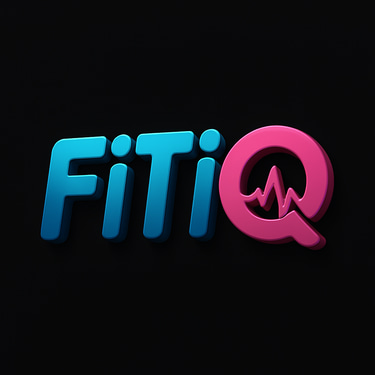"I Survived. I Lived. Then I Woke Up."
Plaud NotePin: The Little Lapel Gadget With Big AI Energy
Meet the Plaud NotePin, a wearable AI voice recorder that clips to your shirt, transcribes in 112+ languages, and auto-summarizes meetings—cool, capable, and controversial.
Christopher J
9/9/20254 min read


What is the Plaud NotePin?
Imagine a voice recorder shrunk to “lapel-pin” size, then taught to summarize your life like a diligent assistant. That’s the Plaud NotePin: a 16.6-gram wearable that records conversations and—with the companion app—spins them into transcripts, summaries, mind maps, and action items. It supports 112+ languages, can label different speakers, and syncs to unlimited cloud storage. In short, it’s a meeting magnet with AI superpowers. Plaud US+1
Hardware at a glance
The NotePin is tiny (51 × 21 × 11 mm) with dual MEMS mics, 64 GB of onboard storage, and a 270 mAh battery. You can wear it as a pin, clip, necklace, or wristband—handy for interviews, lectures, and hallway brainstorms. The device records offline; AI features (transcription, summaries, mind maps) kick in via the Plaud app or web. As of September 9, 2025, it’s listed at $159 and ships with a charging dock, cable, clip, magnetic pin, and unlimited cloud storage on the Starter plan. Plaud US
How good is the battery—and what’s the catch?
Reviewers and regional coverage point to up to 20 hours of continuous recording on a charge, which is impressive for something that weighs about as much as an AA battery. In practice, as with any recorder, your mileage depends on environment and settings. Cadena SER
The AI magic (and the fine print)
Plaud’s software is where the NotePin earns its keep. It promises high-quality transcription (up to 97% in ideal conditions), speaker labels, and hundreds—actually thousands—of profession-specific summary templates. There’s even a mind-map view to visualize a conversation’s structure and an “Ask AI” chatbot to query your notes. The free Starter plan includes 300 minutes of transcription per month; Pro raises that to 1,200 minutes at $99.99/year, and Unlimited is $239.99/year. You can also buy minute packs (600/3,000/6,000) if your month runs hot. Plaud US
What do reviewers say?
David Pierce at The Verge admired the device but delivered a zinger: the NotePin is “a handy dedicated device,” yet “AI audio seems more like a feature than a gadget.” Translation: the hardware is nice, but phones are catching up fast. The Verge
Android Central’s week-long wrist test praised the compact design and the app’s rich output (summaries, speaker labels, mind maps), but flagged processing delays and a value problem: $159 upfront plus steep memberships when many phones already do on-device transcription. The verdict leaned toward phone apps like Google Recorder with modern AI for speed and cost. Android Central
Lifewire’s hands-on echoes the story: strong transcripts, speaker separation, templates, and easy export; hiccups with very long files, a battery that didn’t always hit the hype, and monthly minute caps unless you subscribe. Lifewire
So…who should actually buy this?
Journalists, clinicians, students, consultants—anyone who lives inside conversations—will appreciate a one-button, always-ready recorder that can be worn discreetly and organized later. If you regularly shuttle between rooms, devices, and weak Wi-Fi, the NotePin’s offline capture plus post-meeting AI might be a calmer workflow than juggling a phone app mid-discussion. And if your job requires transcripts and structured notes with action items and mind maps, the templates are catnip. Plaud US
When a phone might win
If you already love Google Recorder, Samsung Voice Recorder, or Otter and don’t mind having your phone on the table, you may save money and gain speed with on-device AI. That’s the crux of the “great device, tough market” argument: phones turn AI audio into a feature, not a product category. It’s a fair critique, and one that Plaud will need to out-design with battery life, reliability, and truly differentiated software. Android CentralThe Verge
A few small but thoughtful touches
Unlimited cloud storage on the Starter tier is generous, and the wearing options matter in the real world. The app can create visual mind maps and extract action items, which nudges your notes from “what happened” into “what happens next.” Also: pacemaker users are advised not to wear the magnetic pin on the chest—a tiny footnote that shows Plaud’s hardware-first mindset. Plaud US+1
Bottom line
The Plaud NotePin is a charmingly simple piece of AI hardware: press, talk, get transcripts and summaries. If you’re drowning in meetings, it turns speech into structured, searchable outputs with minimal fuss. But the decision comes down to your budget and your tolerance for subscriptions. If you’ll use the mind maps, templates, and action-item extraction weekly, the math can work. If you mostly need a clean transcript now and then, your phone may be a better starting point. Plaud USAndroid Central
A quick personal note on recovery and focus
During recovery, attention is precious currency. Offloading memory to tools like the NotePin can free up mental bandwidth for healing—less frantic scribbling, more present listening. If you’re curious, I’ve shared my own recovery story and the tiny systems that helped me rebuild focus at fitiqdevs.com/about-my-recovery. Whether you go with hardware like Plaud or a trusty phone app, treat note-taking as part of a bigger wellness stack: move your body, protect your sleep, and let technology be the quiet assistant that keeps you consistent. Then, keep an eye on this space—AI note-taking is evolving fast, and the best tool today may be a feature in your pocket tomorrow. Plaud US

Do you have a life changing story and want to help others with your experience and inspiration. Please DM me or Send me an email at the links below
Contact Me
© 2025. All rights reserved.
Privacy Policy
